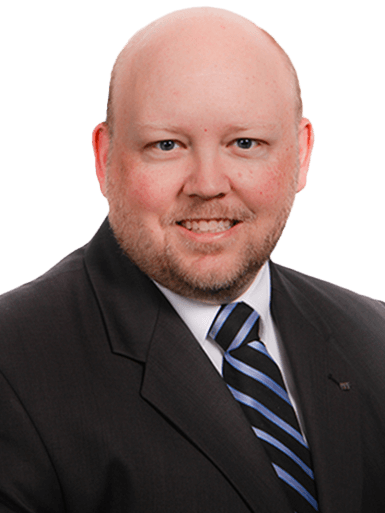President Signs Law: Repeals Nonprofit Tax, Extends Key Tax Provisions, and Overhauls Retirement Plan Rules
The federal government spending package, titled the Further Consolidated Appropriations Act, 2020, does more than just fund the government. The Act, signed into law by the President last Friday, December 20, 2019, officially repeals the tax on nonprofit transportation fringe benefits and provides a new flat private foundation excise tax. It also extends certain income tax provisions, and significantly overhauls retirement legislation with the Setting Every Community Up for Retirement Enhancement Act of 2019 (the “SECURE Act”).
Repeal of Increase in Unrelated Business Income for Certain Fringe Benefit Expenses Paid
The public law retroactively rescinds the original Tax Cuts and Jobs Act’s provision increasing unrelated business income for nonprofits who provide fringe benefits under IRC Section 512(a)(7). As the tax was retroactively repealed, nonprofits who paid tax on these benefits will be eligible for a refund once a process is enacted.
Change in Private Foundation Excise Tax
The public law also amends the excise tax rate for private foundations by striking the two percent rate and reduced one percent rate and inserting a flat 1.39% rate for all foundations, regardless of distributions. This change would apply to taxable years beginning after the date of enactment for the plan.
Tax Extenders
The public law also includes several extenders of key tax provisions that had already expired or that were due to expire at the end of 2019. AAFCPAs will clarify these provisions in more detail in a subsequent blog.
The SECURE Act
As part of Public Law No:116-94, the SECURE Act is a comprehensive reform to retirement saving legislation. The minimum age for required minimum distributions was raised from 70 ½ to 72 for all distributions required to be made after December 31, 2019. Less beneficially, however, inherited IRAs must now be entirely distributed within 10 years after the date of death. This change does not apply to benefits left to a surviving spouse beneficiary.
As always, the tax practice of AAFCPAs will continue to keep you informed as things change or provisions become clarified. If you have any questions please contact: Christopher Consoletti, Esq. at 774.512.4180, cconsoletti@nullaafcpa.com; Josh England, Esq., LLM at 774.512.4109, jengland@nullaafcpa.com; or your AAFCPAs Partner.
AAF Wealth Management is a Registered Investment Adviser. Advisory services are only offered to clients or prospective clients where AAF Wealth Management and its representatives are properly licensed or exempt from licensure. This blog is solely for informational purposes. Past performance is no guarantee of future returns. Investing involves risk and possible loss of principal capital. No advice may be rendered by AAF Wealth Management unless a client service agreement is in place.


